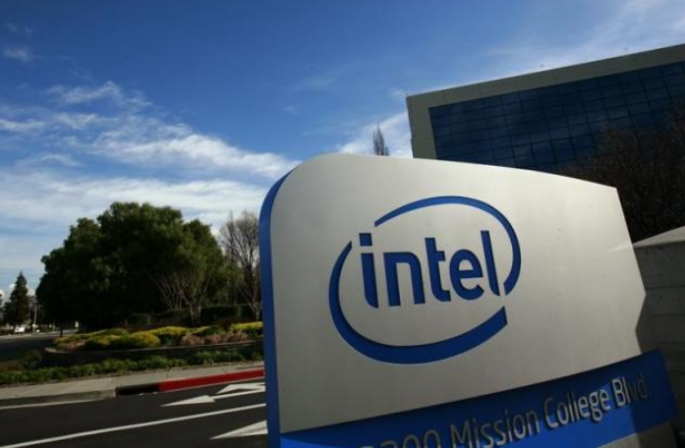China's spying concerns eased with the news of Intel teaming up with Montage Technology Global Holdings Ltd and Tsinghua University for starting a joint venture on manufacturing a special chip in China.
It is reported that this move will eliminate the worries of China on security risks for imported technologies. The Chinese government has been reported to call for the reduction of dependability on semiconductor products that are foreign-made, prior to this joint venture.
China has previously expressed concern on importing semiconductor products for use in systems that could be the targets for spying from aboard. According to media sources, Intel has revealed that a programmable chip will be developed by Tsinghua University that can be placed in a plastic module, along with an Intel Xeon microprocessor. It is also reported that Montage is going to commercialize the modules containing the chips starting 2017.
Although ownership split was not disclosed, Intel confirmed funding the joint venture project with USD100 million for research work. Previously, in 2014, Intel is said to have announced its plans to invest USD1.5 billion for acquiring 20 percent stake in a holding company owned by two Chinese designers of microprocessors. It was reported that the holding company was under the Tsinghua Unigroup.
The news is that, for the last 30 years, Intel has been developing their products in the Chinese market, owning one company engaged in manufacturing chip. Intel said in October 2015 that it has plans for restructuring this semiconductor manufacturing unit to produce storage chips. Intel also told that the project would cost about USD5.5 billion.
According to market reports, the most widely used calculating engine in data centers of the government and other enterprises is the Xeon microprocessors. Tsinghua University plans to add capabilities with the related software that will be designed to address local demands.





















